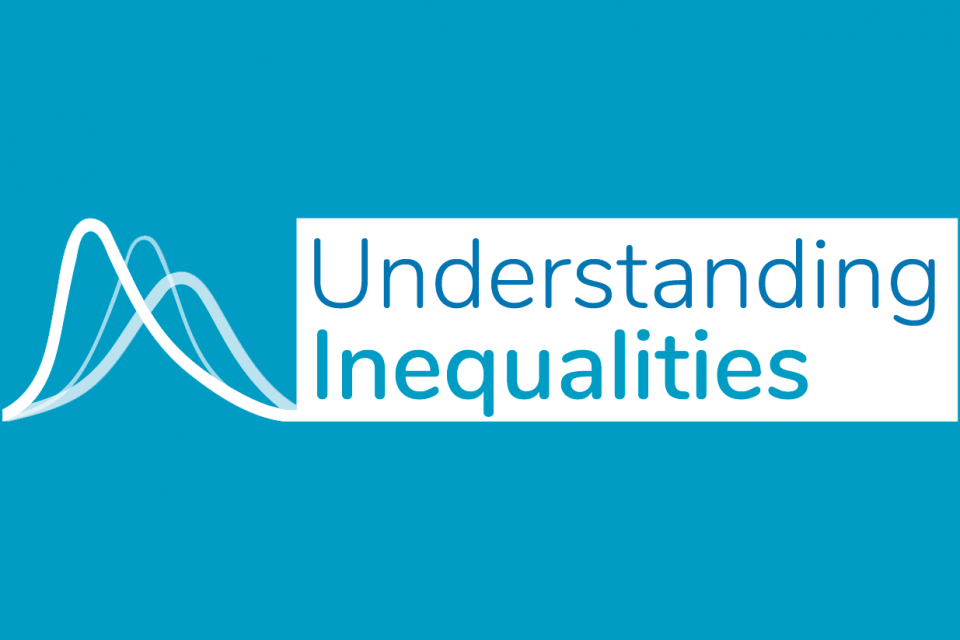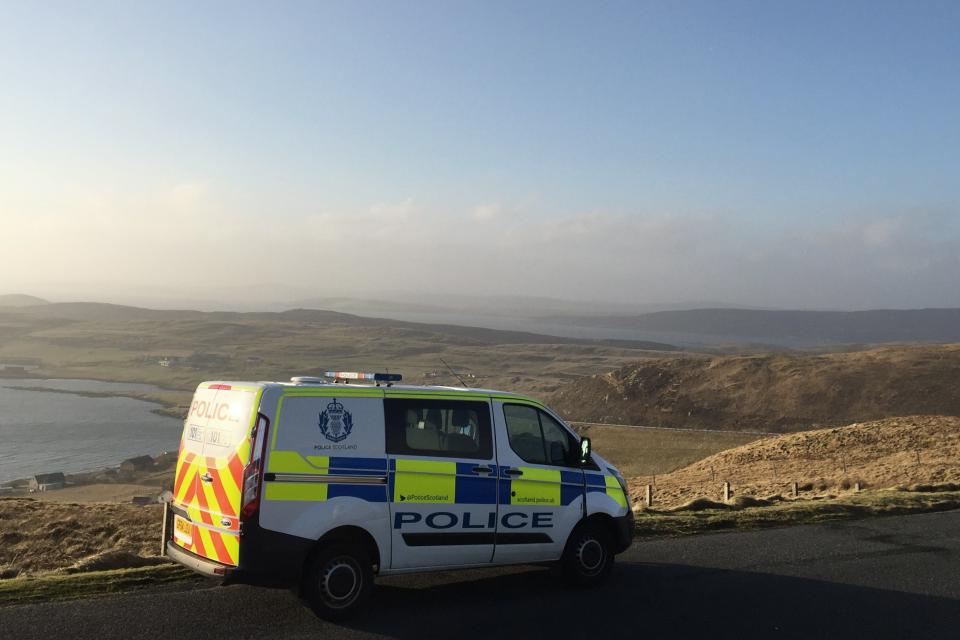Reducing stop-and-search and increasing fairness and effectiveness in policing practice in Scotland
Work by Professor Susan McVie and Dr Kath Murray transformed the law, policy, and practice of stop-and-search in Scotland. As a result, police now conduct fewer, fairer and more effective searches – with recorded searches between 2014/15 and 2018/19 dropping from 426,000 to 32,300 per year.

Highly influential research by Dr Murray uncovered serious problems with the use of stop-and-search in Scotland, including an absence of transparency and accountability; extensive use of ‘non-statutory’ searches, especially involving young people; and recorded search rates that exceeded those of London and New York. Additional evidence from the Edinburgh Study of Youth Transitions and Crime, co-directed by Professor Susan McVie, demonstrated that deprived young people were disproportionately targeted through policing tactics such as stop-and-search, and this had demonstrable negative effects on their later involvement in offending and their likelihood of being convicted and imprisoned.
Reducing stop-and-search
Following initially negative reactions to Dr Murray’s work by Police Scotland and the Scottish Government, the findings subsequently led to a policy U-turn and an extensive programme of reform. Formal reviews of Police Scotland’s stop-and-search processes were conducted by the Scottish Police Authority (SPA) in 2014 and by Her Majesty’s Inspectorate of Constabulary in 2015, both concluding that greater transparency and regulation were needed. In 2015, the Cabinet Secretary for Justice established the Independent Advisory Group on Stop-and-Search (IAGSS) to consider legislative reform, to which Professor McVie was appointed as a member.
Professor McVie and Dr Murray provided numerous briefing papers and consultation responses for the IAGSS which highlighted issues of concern around stop-and-search practice in Scotland. Drawing heavily on their work, the IAGSS subsequently presented a number of recommendations to the Cabinet Secretary, including proposals to abolish non-statutory stop-and-search and introduce a Code of Practice. Professor McVie also ensured that the IAGSS recommended regular publication of stop-and-search data to improve transparency and accountability. The recommendations were fully accepted by the Cabinet Secretary and incorporated into Section 65 of the Criminal Justice (Scotland) Act 2016.
Increasing fairness and effectiveness
Professor McVie and Dr Murray’s work also contributed to the development of improvement plans by Police Scotland’s National Stop and Search Unit. They created internal assurance metrics and produced a Data Analysis Reference Guide to support statistical analysis of stop-and-search data to determine whether it is being used fairly and effectively. The SPA Policing Committee commended these methods of improving data scrutiny and the accountability of Police Scotland in the use of such an intrusive and controversial tactic.
Additionally, the Code of Practice required a major training programme for all Police Scotland officers. Professor McVie and Dr Murray contributed to its development and their research fed into the new Police Scotland Standard Operating Procedure. This training was instrumental in changing operational approaches and contributed to both cultural and normative transformation of police practice. Despite criticism that stop-and-search policy change would lead to a significant increase in violent crime, ongoing research indicates that this has not occurred.

